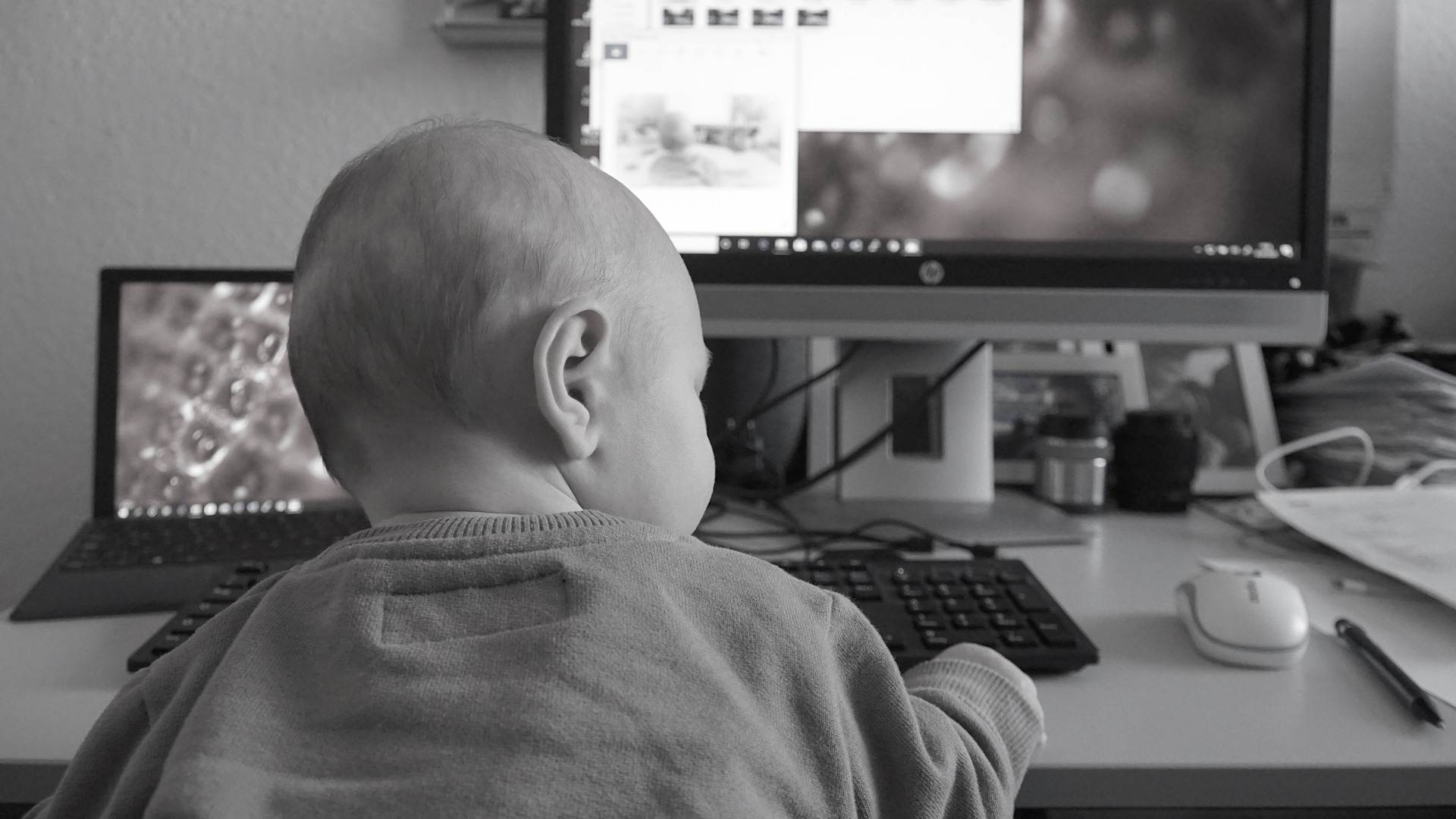Today is the start of World Breastfeeding Week 2024 which runs from the 1st to the 7th August. To mark World Breastfeeding Week 2024 we are releasing some preliminary findings form our Maternal Well-Being Infant Feeding and Return to Paid Work study being funded by the Nuffield Foundation. In our first report we are focusing on the lived experience of mothers who combined breastfeeding and return to work, predominately drawing on our maternal experience surveys and interviews. Click here to download the report.
About Our Study
The study explores the well-being, opportunities and experiences of new mothers who wish to continue to breastfeed on return to paid work. It is focused on investigating the lived realities of return to paid work and mental well-being of this particular group of working mothers. The study aims to understand how mothers can be better supported in the workplace, and how employers can be better equipped to support their breastfeeding employees.
Key Findings to Date
No two experiences are the same but there are some common themes coming out of the experiences we heard:
- There is a lot of anxiety and uncertainty, before mothers return to work, around the practicalities in the workplace and the ‘unknown’ relating to ‘how things will work’ and how their body and their child will adjust.
- The onus is often on the woman to seek out the information around availability of support in the workplace, their rights, and to ask for what they need/raise any concerns in relation to combining breastfeeding and work. Only 27% of respondents in our survey were aware of a formal workplace policy at their workplace
- Despite the Health and Safety Executive recommendations women are often faced with inadequate facilities and provisions in the workplace for expressing breast milk/breastfeeding. 26% in our survey said they had expressed breast milk in the toilets at work.
- There is no legal entitlement to breastfeeding/expressing breaks and many in our study struggled to find the time to express breast milk/breastfeed
- Lack of workplace support is negatively impacting some women’s health and well-being. 30% reported they had suffered engorgement/mastitis after returning to work and 24% reporting a reduction in milk supply which for some led to giving up on infant feeding plans. Only 31% in our survey who had informed their line manager/employer they were breastfeeding had an individual risk assessment.
- Key factors that contributed to a positive experience of combining breastfeeding and return to work included support from charities and breastfeeding support groups, a transparent breastfeeding policy, flexibility and breaks, well paid leave, a phased return and a supportive line manager.
Employer Implications
We have surveyed HR decision makers and line managers and will be producing a report examining the employer perspective in due course, watch this space. But if you are an employer wondering what you can do here a few things that can help support your breastfeeding employees, if not already in place in your workplace:
- Have a clear transparent breastfeeding policy
- Share information on provisions for breastfeeding employees and facilities as early as possible
- Start a conversation with breastfeeding employees, ask what they need, if they have any concerns?
- Make sure there is somewhere private and hygiene that employees can express breast milk/breastfeed their children – if this is not possible consider alternative arrangements
- Make sure your breastfeeding employees have an individual risk assessment
- Provide safe storage facilities for expressed breast milk. A small fridge does not cost most!
- Get clued up on what is involved in breastfeeding/expressing breast milk and what breastfeeding employees may need
Any feedback on our preliminary findings is very welcome, please email Professor Sarah Jewell (s.l.jewell@reading.ac.uk). We will be publishing more reports and findings in the coming months from the study.

